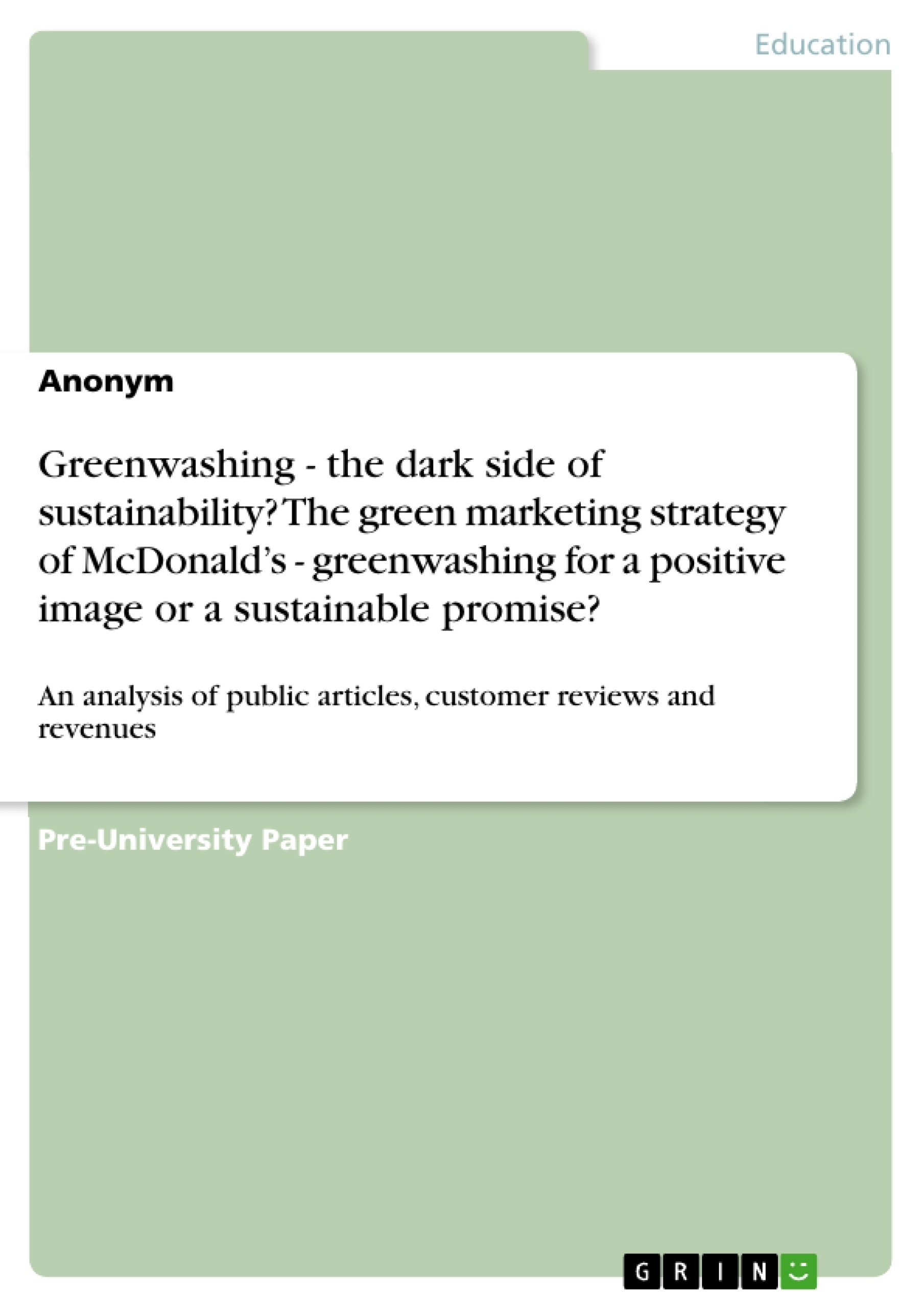
What Are True Green Initiatives Versus Greenwashing Ideas. Greenwashing can be categorized into several types 5 of the most prominent types being 1. And while it may feel overwhelming trying to figure out where to start there are actually lots of ways we can be more green in the office without bringing the whole forest inside without huge cost implications and with long-term benefits to your company employee well-being and future spend. However some companies efforts are more greenwashing than truly intended for the well-being of the environment. Business News Daily defines greenwashing as when a company or organization spends more time and money claiming to be green through advertising and marketing than actually implementing business practices that.

Greenwashing can be categorized into several types 5 of the most prominent types being 1. CUTCO Corporation the largest manufacturer and marketer of high-quality kitchen cutlery and accessories in the United States and Canada celebrated its 60th anniversary in 2009. What are true green initiatives versus greenwashing ideas. If a company presents their product as sustainable when in reality it contains toxic ingredients that harm the environment or is made with unsustainable practices then thats greenwashing. What are the ethical and societal issues involved in green initiatives. The idea of introducing green initiatives into the workplace can feel a little daunting at first.
What are true green initiatives versus greenwashing ideas.
Given that the majority of investment is still being pumped into the fossil fuel industry it can be argued that this is an act of greenwashing. Greenwashing is an attempt to capitalize on the growing demand for environmentally sound products. Using images of leaves animals green packaging etc are all ways of classic greenwashing. What are true green initiatives versus greenwashing ideas. So what exactly is thisGreenwashing. Greenwashing also known as green sheen is a type of seemingly environmentally friendly marketing that uses deception to falsely promote a product company or policy as sustainable.